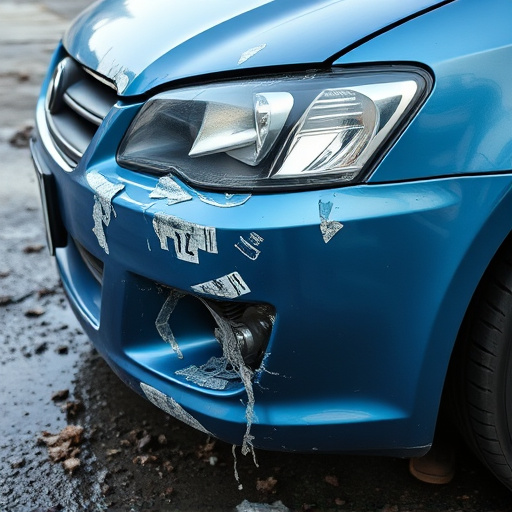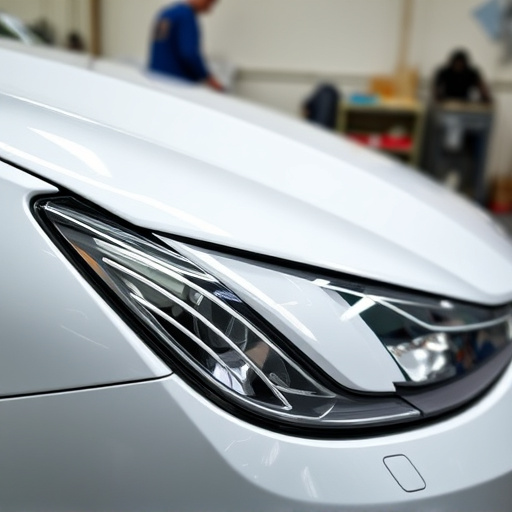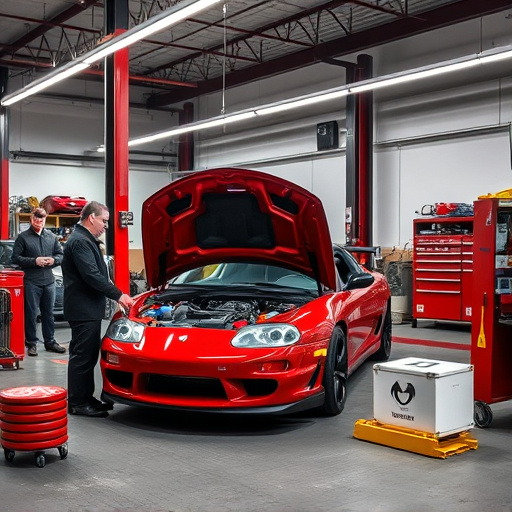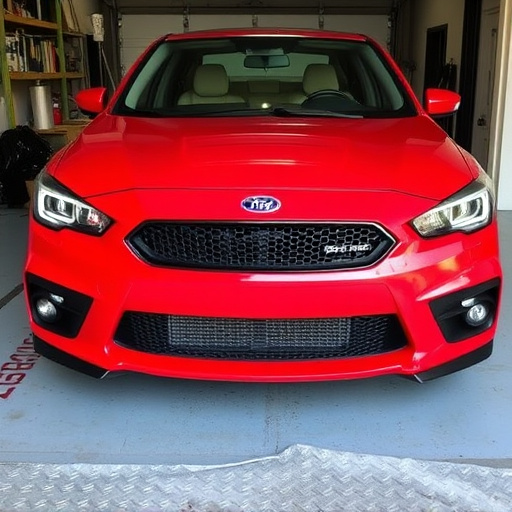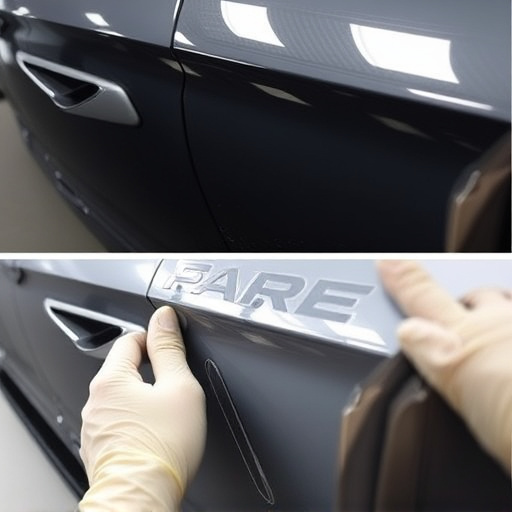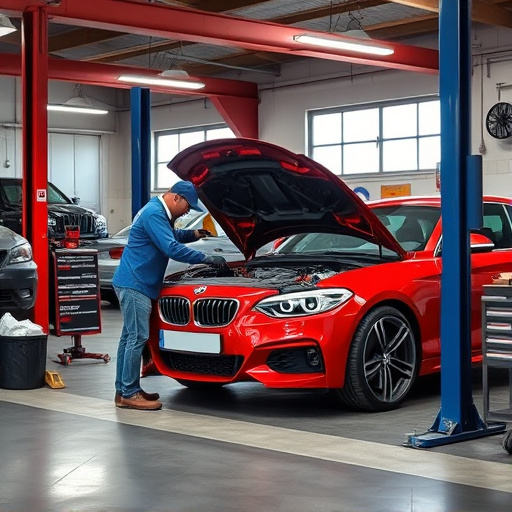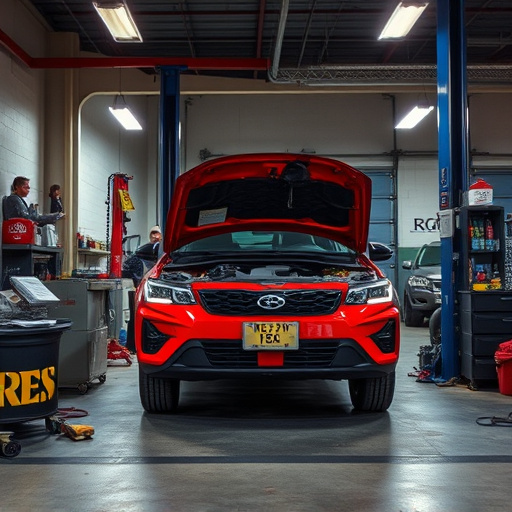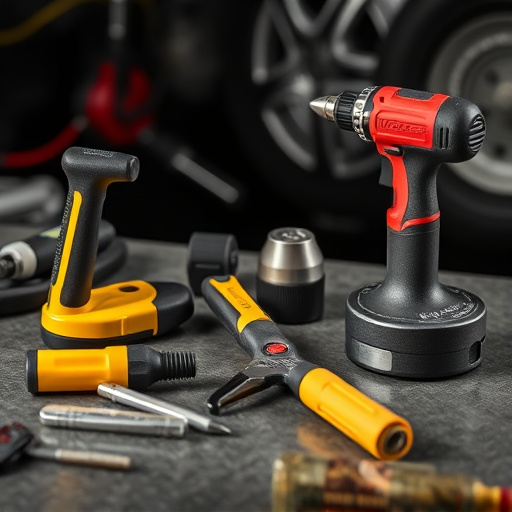Car crashes may cause internal battery stress, leading to issues like short circuits. While modern batteries are durable, skilled technicians recommend prompt replacement after severe impacts. Minor collisions may not require new batteries, but regular maintenance is crucial. Visible damage or leakage necessitates immediate assessment by a reliable collision repair center for safe disposal and electrical system health. Consider battery replacement as needed to extend vehicle longevity.
Can a car crash really shorten your battery’s lifespan? While it may seem like common knowledge, the truth is more nuanced. This article delves into the science behind battery damage from crashes, separating fact from myth. We’ll explore how accidents impact battery longevity and guide you through the process of considering—and arranging—a battery replacement after a crash.
- Understanding Battery Damage from Crashes
- Impact on Longevity: Facts vs. Myths
- When and How to Replace After an Accident
Understanding Battery Damage from Crashes
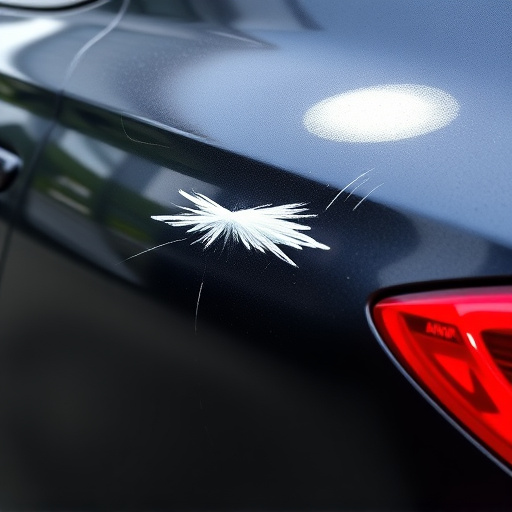
Battery damage from crashes is a common concern for drivers, especially after a severe accident. When a vehicle undergoes a collision, the force can cause internal stress within the battery, leading to various issues that may affect its lifespan. In many cases, a crash can result in short circuits or even physical damage to the battery cells, causing them to degrade faster. Even if the external casing remains intact, the impact might disrupt the delicate balance of chemical reactions inside, making it less efficient and reducing its overall service life.
For example, consider a scenario where a car undergoes a frame straightening process after a collision, which involves manipulating the vehicle’s structure to return it to its original shape. While this is crucial for safety and aesthetics, it might slightly alter the positioning of the battery, potentially exposing it to additional stress. Similarly, in Mercedes Benz collision repair, skilled technicians must handle batteries carefully, as any misstep during the repair process could compromise its integrity. Thus, understanding how crashes impact batteries is essential, prompting drivers to consider prompt battery replacement after a crash for optimal performance and longevity.
Impact on Longevity: Facts vs. Myths

There’s a common misconception that a car crash automatically dooms your battery to an early replacement. While it’s true that a severe impact can cause damage, modern batteries are designed with longevity in mind. Many factors influence a battery’s lifespan, and while a crash might accelerate wear and tear, it doesn’t necessarily spell the end.
Contrary to some myths, a minor collision or even a fender bender typically won’t render your battery unusable. However, if the damage is significant, particularly affecting the terminals or casing, professional assessment and potential replacement at an auto repair shop or collision repair center may be necessary. Regular maintenance and timely servicing can significantly extend your battery’s life, regardless of any past incidents, making it a crucial aspect to consider in maximizing your vehicle’s overall longevity.
When and How to Replace After an Accident
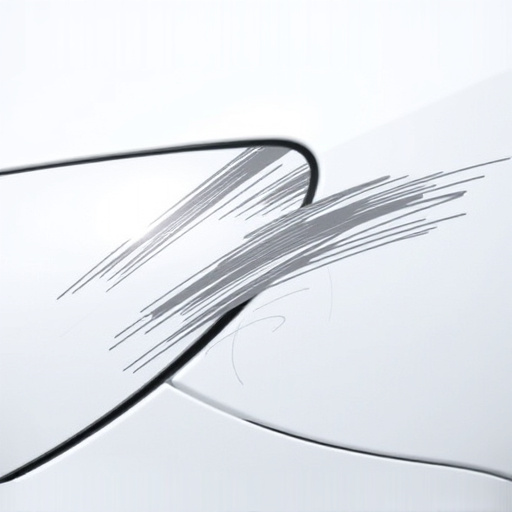
If your vehicle has suffered a crash, it’s crucial to assess the damage and consider battery replacement after a collision, especially if there are visible signs of impact or leakage. In such cases, don’t delay; promptly visit a reliable collision repair center for an expert evaluation. They can determine if the battery needs to be replaced entirely or if scratch repair is sufficient.
A professional mechanic will ensure proper handling and disposal of your old battery, which is essential for environmental safety. Remember, a damaged battery might still function temporarily, but internal wear caused by the accident could significantly reduce its lifespan. Prompt replacement after an incident can help maintain the overall health of your vehicle’s electrical system and prevent further complications with vehicle bodywork.
While it’s a common concern, the impact of a single crash on your battery’s lifespan is often overstated. While severe accidents can indeed cause damage, minor bumps and vibrations typically don’t significantly reduce the overall life expectancy of modern batteries. However, if your battery has suffered visible damage or performance issues post-crash, it’s crucial to consider a prompt battery replacement after crash for safety and optimal future performance. Regular checks and timely replacements are key to maintaining a long-lasting battery health.
